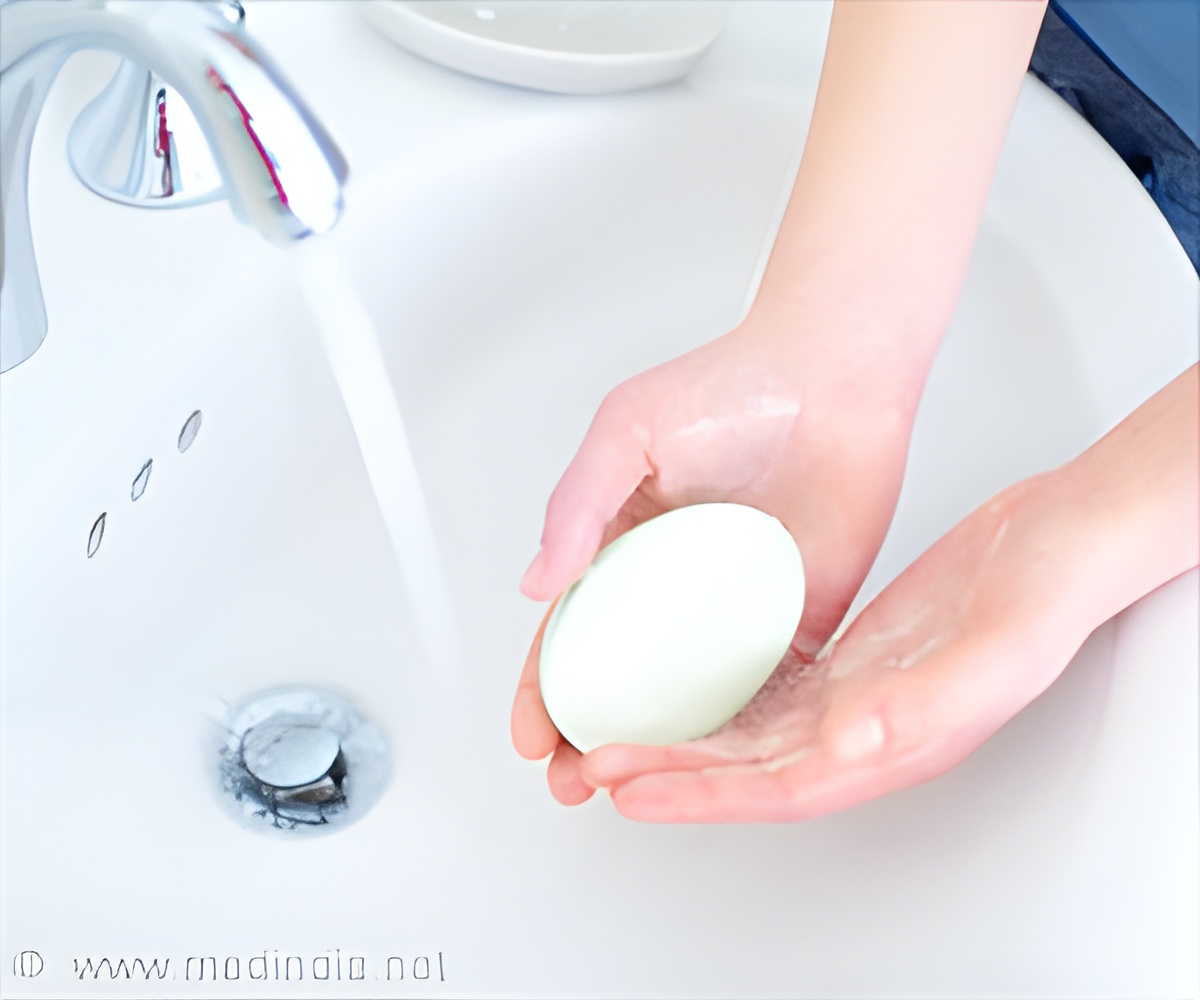Global handwashing day (Oct 15th) increases awareness and understanding about the importance of handwashing with soap as an effective and affordable way to prevent diseases and save lives.

Handwashing History
Ignaz Semmelweis, a Hungarian doctor, who worked in Vienna General Hospital, is known as the father of hand hygiene. In 1846, he noticed that the women giving birth in the medical student/doctor-run maternity ward in his hospital were much more likely to develop a fever and die. He found that doctors and medical students often visited the maternity ward directly after performing an autopsy.
Soon, Semmelweis imposed a new rule mandating handwashing with chlorine for doctors. After the handwashing practice, death rates in his maternity ward fell dramatically.
Later, Florence Nightingale brought a new handwashing champion in Scutari-Italy, the Crimean War. At that time, most people believed that infections were caused by foul odors called miasmas, Florence Nightingale implemented handwashing and other hygiene practices in the war hospital in which she worked.
Handwashing Practice in India
Advertisement
- 35.8% wash hands with soap or detergent before a meal.
- 60% wash hands only with water.
- 25.3% in rural India and 56% in urban India wash hands with soap or detergent before a meal.
- 2.7% wash hands with mud, ash, and sand before meals.
- In rural areas, 70% and in urban areas, 42% wash hands only with water before a meal.
- 26% don't wash their hands with soap or detergent after defecation.
- 15% rural and 9.8% urban wash hands only with water after defecation.
Source-Medindia








